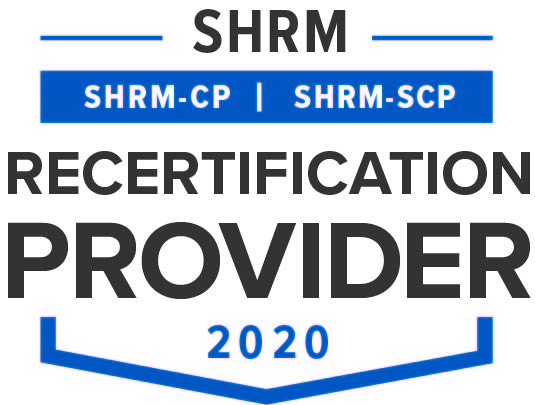The six step DOL audit polka
If an employer is being audited by the US Department of Labor (DOL), there are several steps the employer can take to proactively prepare for and ultimately defend its practices:
1. Review immediately and react to the audit request. Carefully review the DOL’s audit request and promptly advise management and legal counsel. In certain circumstances, the employer may work with the auditor regarding scheduling the date(s) of the audit.
2. Provide responsive existing documents; check your employee rights posters. Work with legal counsel to provide documents responsive to the auditor’s request for information. Note employers are not required to specially create new documents for an audit. Prior to the visit by the DOL, ensure applicable employee rights posters are displayed, including Family and Medical Leave Act (“FMLA”) rights (if the FMLA applies to your business).
3. Expect employees to be interviewed. Determine whether the auditor will request employee interviews. Auditors may interview employees regarding a host of issues, including, but not limited to, exempt/non-exempt status, overtime pay, payroll scheduling, child labor, travel time, on-call time, PTO, training time, volunteer time, wage deductions, and FMLA practices (where applicable). During interviews, employees are often asked to describe their regular daily duties. Note an employee’s own description of his/her work duties is generally determinative regarding any Fair Labor Standards Act (“FLSA”) exemptions.
4. Beware Protected Health Information. Ensure any protected health information (“PHI”), including medical records, remains separate from employees’ general personnel files. Note employers must retain certain FMLA documentation including, but not limited to, any records of disputes between the employer and employee about FMLA-related issues.
5. Protection of Commercial and/or Proprietary Information. Trade secret information may need to be protected or redacted (and marked as redacted). In other situations, it may be possible to mark documents as “Business Confidential” or “Proprietary/Privileged.”
6. Expect DOL Follow-up. Often, an auditor will conduct follow-up interviews or request additional information from the employer. The DOL may also conduct a debriefing discussion with the employer regarding any legal issues that may exist and whether any penalties or back wages may be due.
This blog was written by Carol Barnett at Polsinelli. Polsinelli authors hrsimple resources in Missouri, Kansas and Illinois. You can find the original blog post here and their labor and employment blog Polsinelli at Work (which is excellent) here.


